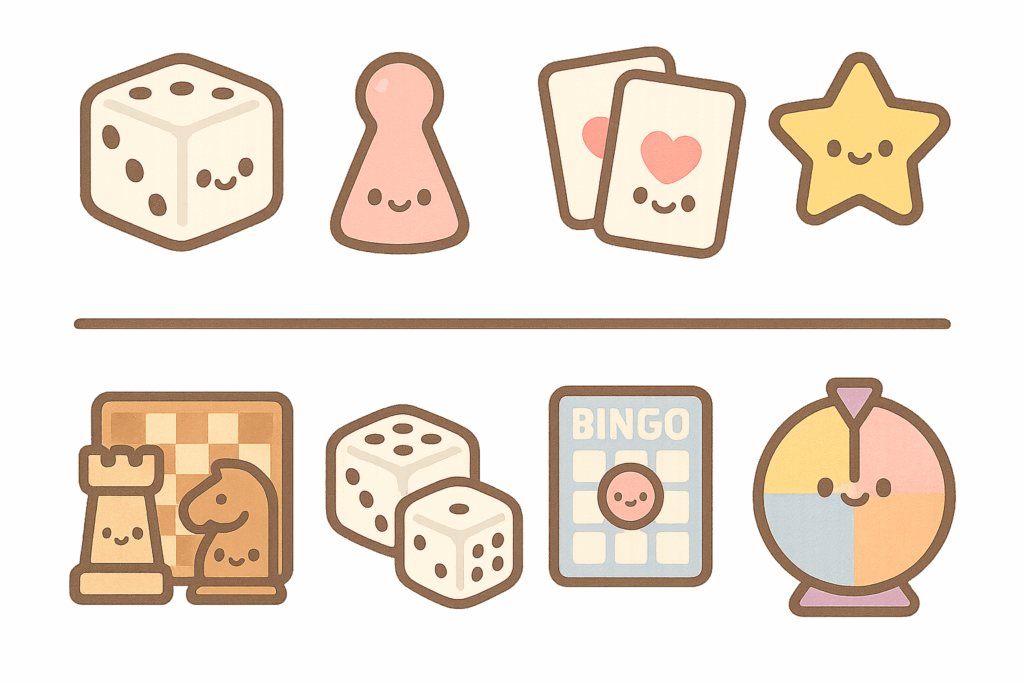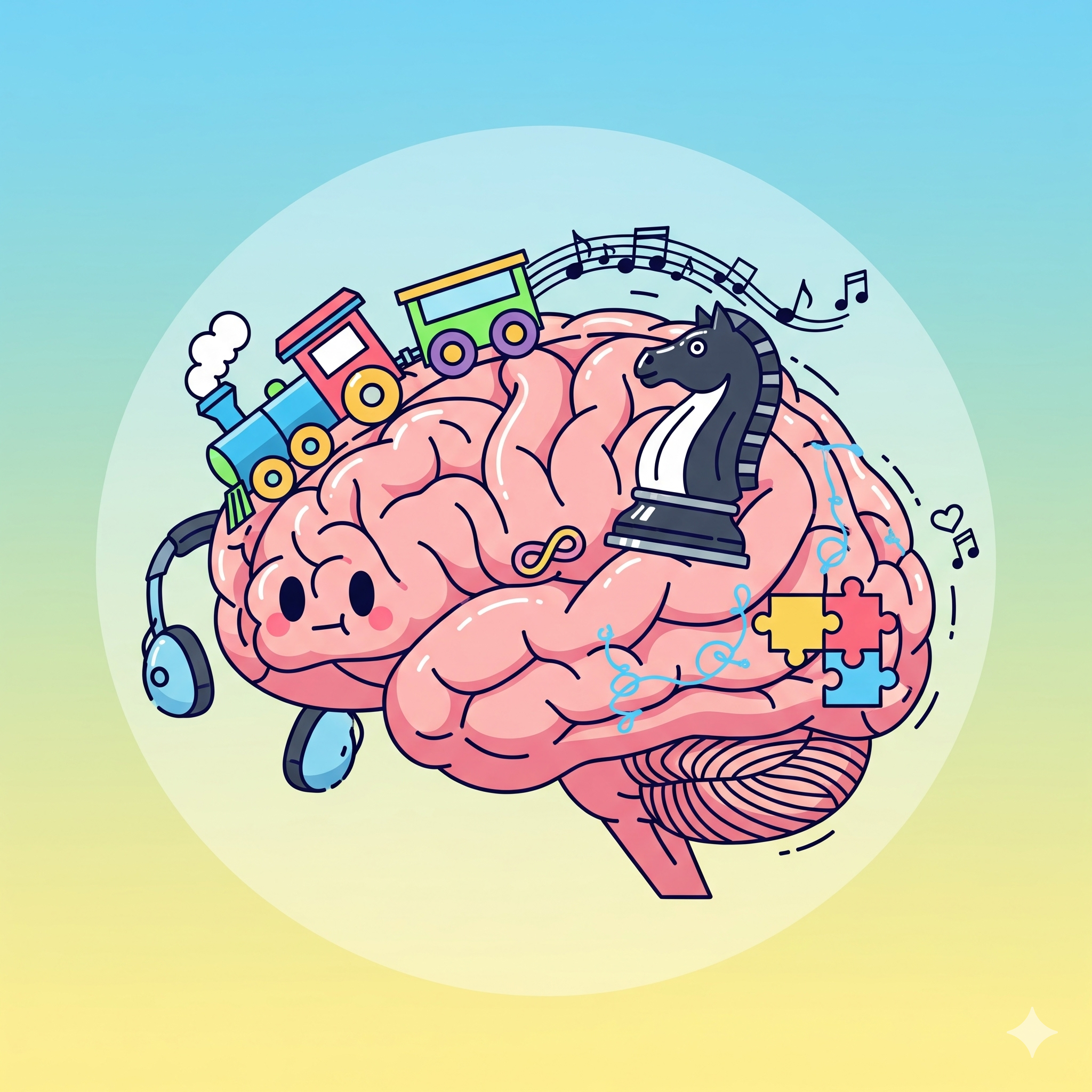Gaming has always been a bit of a safe haven for people who think, feel, or process the world differently. For neurodivergent players–autistic folks, ADHD’ers, dyslexics, dyspraxics, and others, it’s often more than a hobby. It’s a way to connect without the pressure of “normal” small talk, a place where rules are clear, turns are fair, and you can just be yourself.
Why it works so well:
- Clear structure: Most games have rules, rounds, and objectives. That predictability can be reassuring.
- Shared focus: Instead of forcing conversation, the game gives everyone a shared goal.
- Sensory control: In the right setting, you can keep the lighting, noise, and pacing just how you like it.
- Special interests shine: If you’ve ever seen an autistic Warhammer player talk about their army build or an ADHD player dive into an RPG plot, you know the enthusiasm is real..
- Community without the chaos: Games let you be social without being “on” all the time.
When the space is right, quiet when it needs to be, accessible to everyone, free from gatekeeping, tabletop games can become more than entertainment. They can be a literal lifeline for people who’ve struggled to find where they fit.
My takeaway:
Neurodivergent gamers don’t need “special” games; they need the right environment to enjoy any game without extra stress. That’s why events like a quiet, autism-friendly games night aren’t just “nice to have” , they’re game-changing (pun intended).

Neurodivergent Gaming – Quick Facts
1. Gaming is a social bridge.
Research from the Journal of Autism and Developmental Disorders shows structured games help autistic players build communications and teamwork skills in low-pressure settings.
2. Special interests = superpowers.
Many neurodivergent players deep-dive into rules, lore, and strategy which often makes them some of the most passionate and skilled gamers in the room. And tyhe case of WH40k Lore fanatics and storyists.
3. Predictability reduces stress.
Games with clear rules, turn-taking, and set goals can lower anxiety compared to unstructured social situations.
4. Gaming improves focus (yes, even with ADHD).
Studies have found that the right kind of engaging, rule-based play can boost sustained attention in ADHD players — especially when the game matches their interests.
5. Sensory-friendly spaces matter.
For neurodivergent players, noise levels, lighting, and crowd size can make or break an event. Sensory-considerate environments aren’t “extras” — they’re accessibility essentials.
6. Community beats competition.
While some thrive in competitive play, many neurodivergent gamers prefer cooperative or narrative-driven games where the emphasis is on teamwork and shared storytelling.
7. Representation is growing.
Games like Dungeon World, Wingspan, and indie RPGs are leading the way in offering diverse characters, stories, and playstyles that reflect a wider range of experiences ad life..
8. Nottingham is already a hub.
From local autism-friendly cafés to inclusive tabletop clubs, Nottingham’s neurodivergent community is thriving; and gaming is right at the heart of it.
NeurodivergentFriendly #AutismFriendly #ADHDFriendly #SensoryFriendlyGaming #InclusiveTabletop #BoardGameNightNottingham #NottinghamEvents #AccessibleGaming #NeurodiverseCommunity #GamesHavenUK



Comments are closed